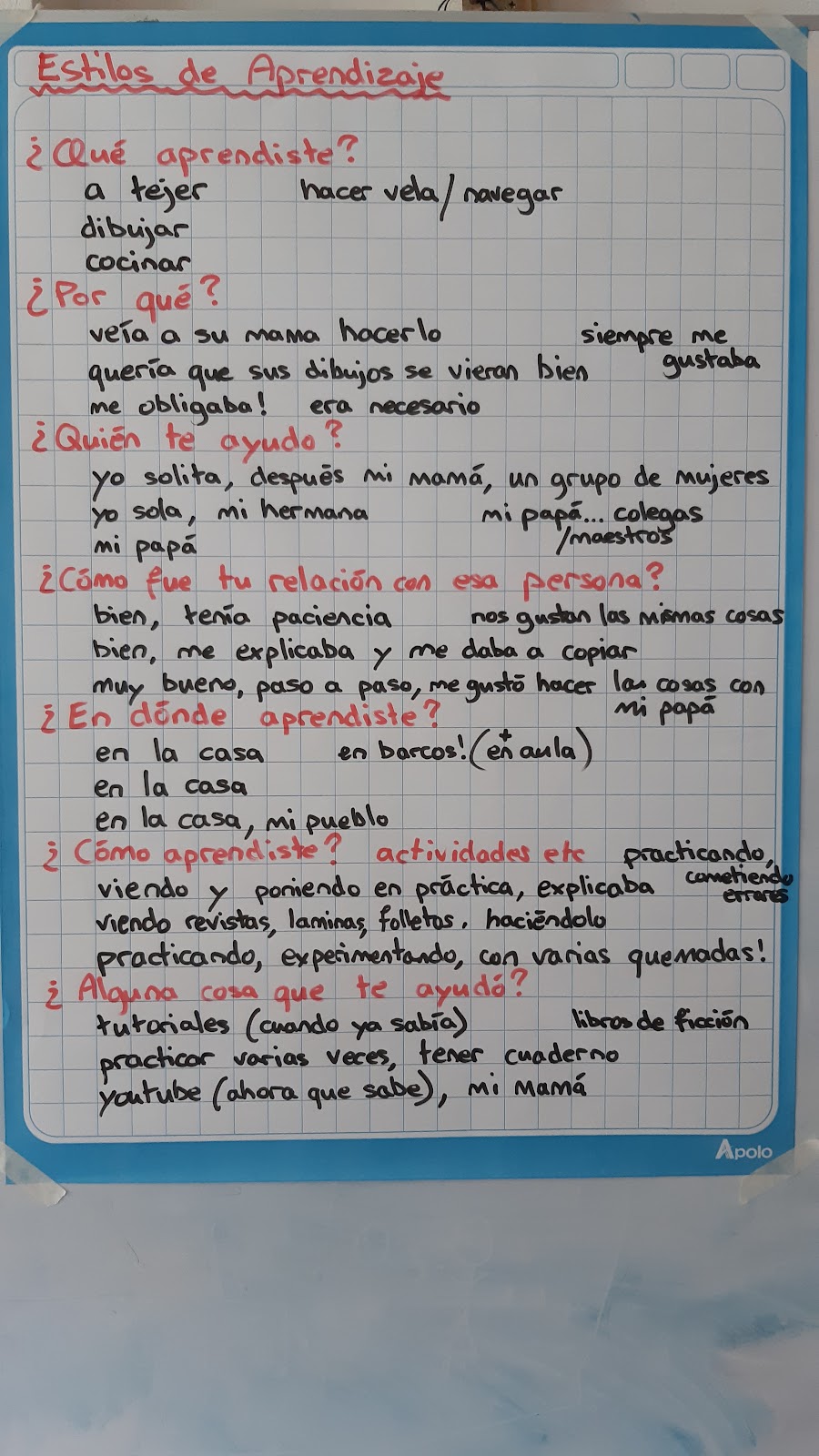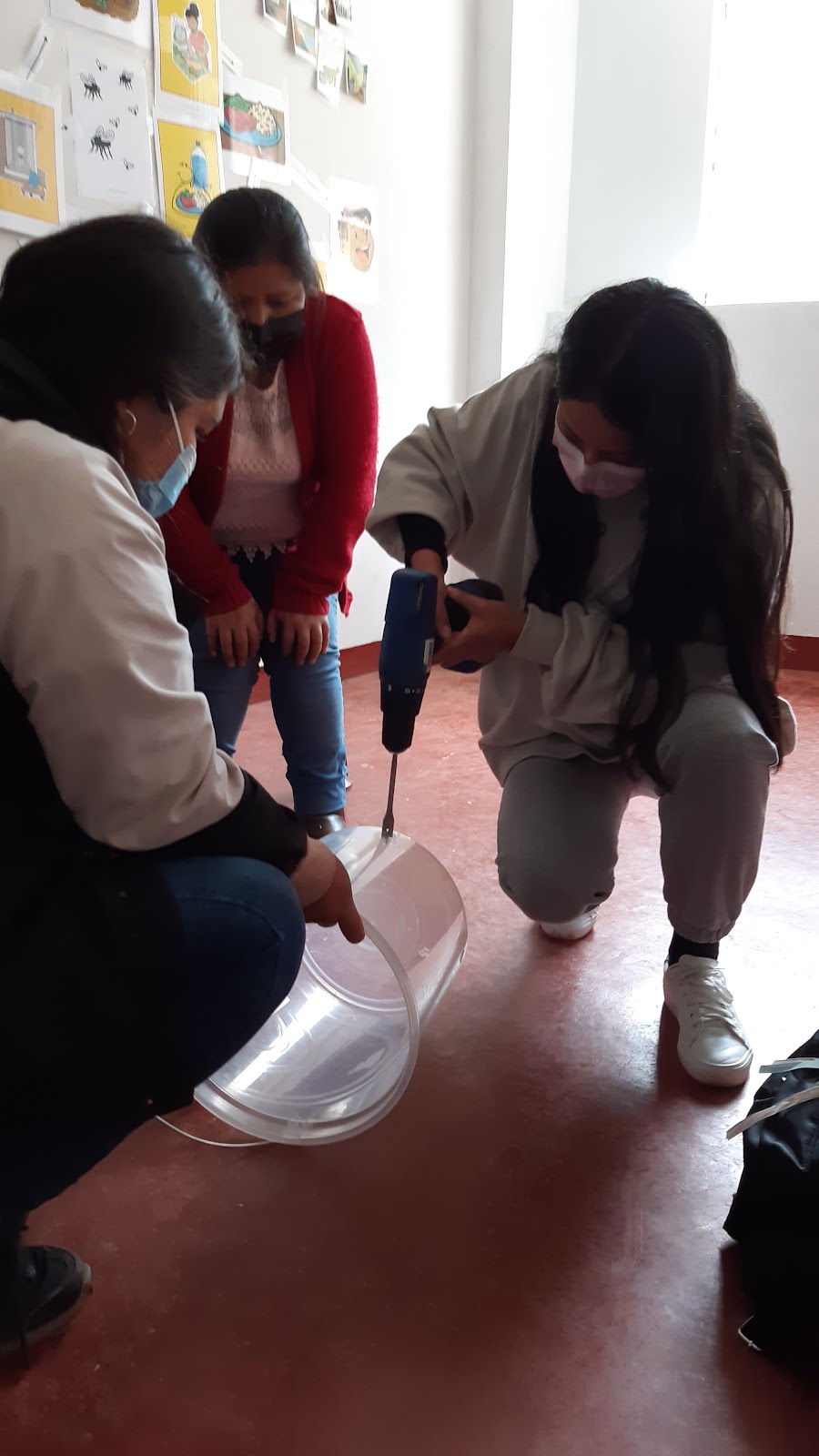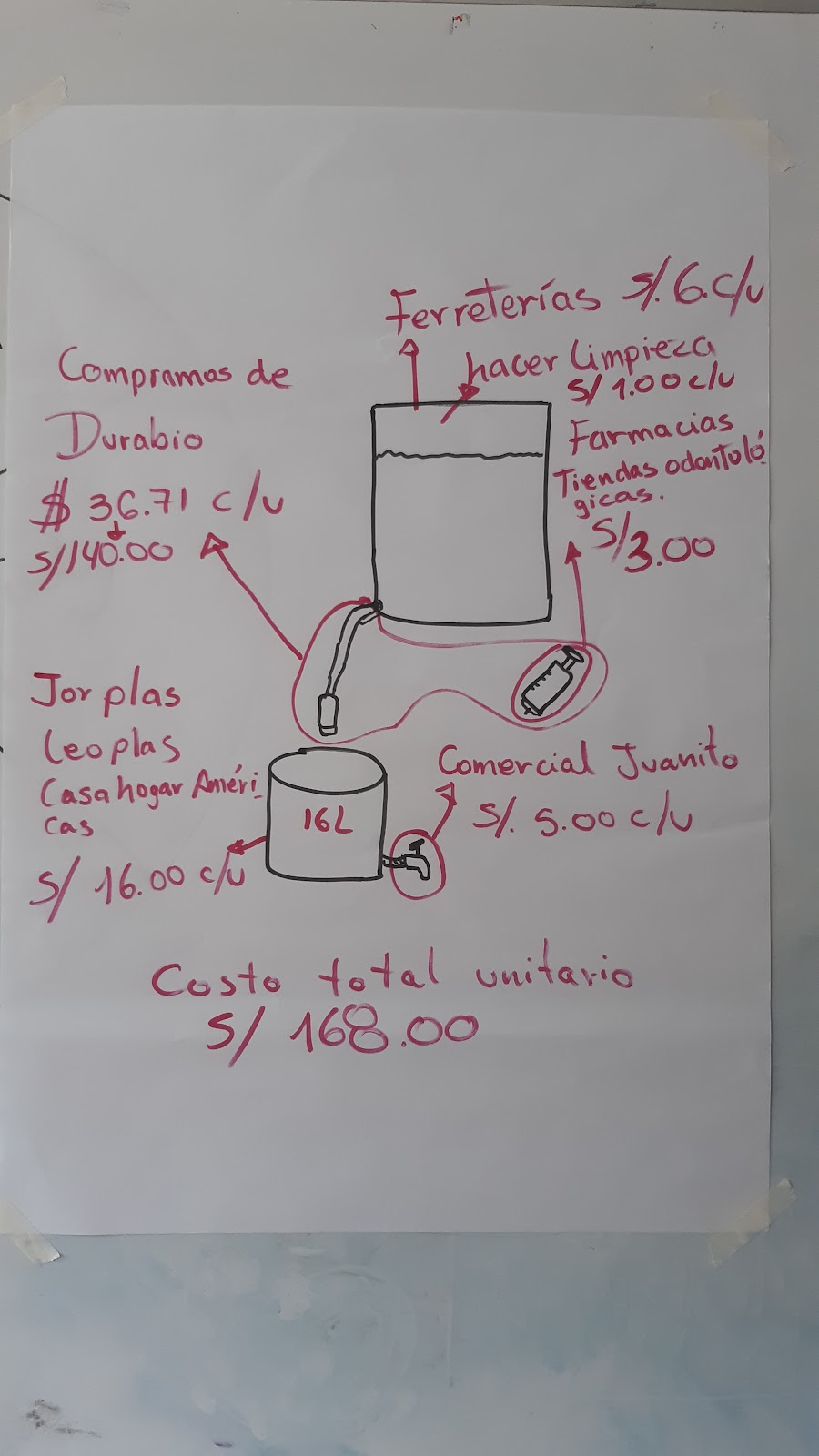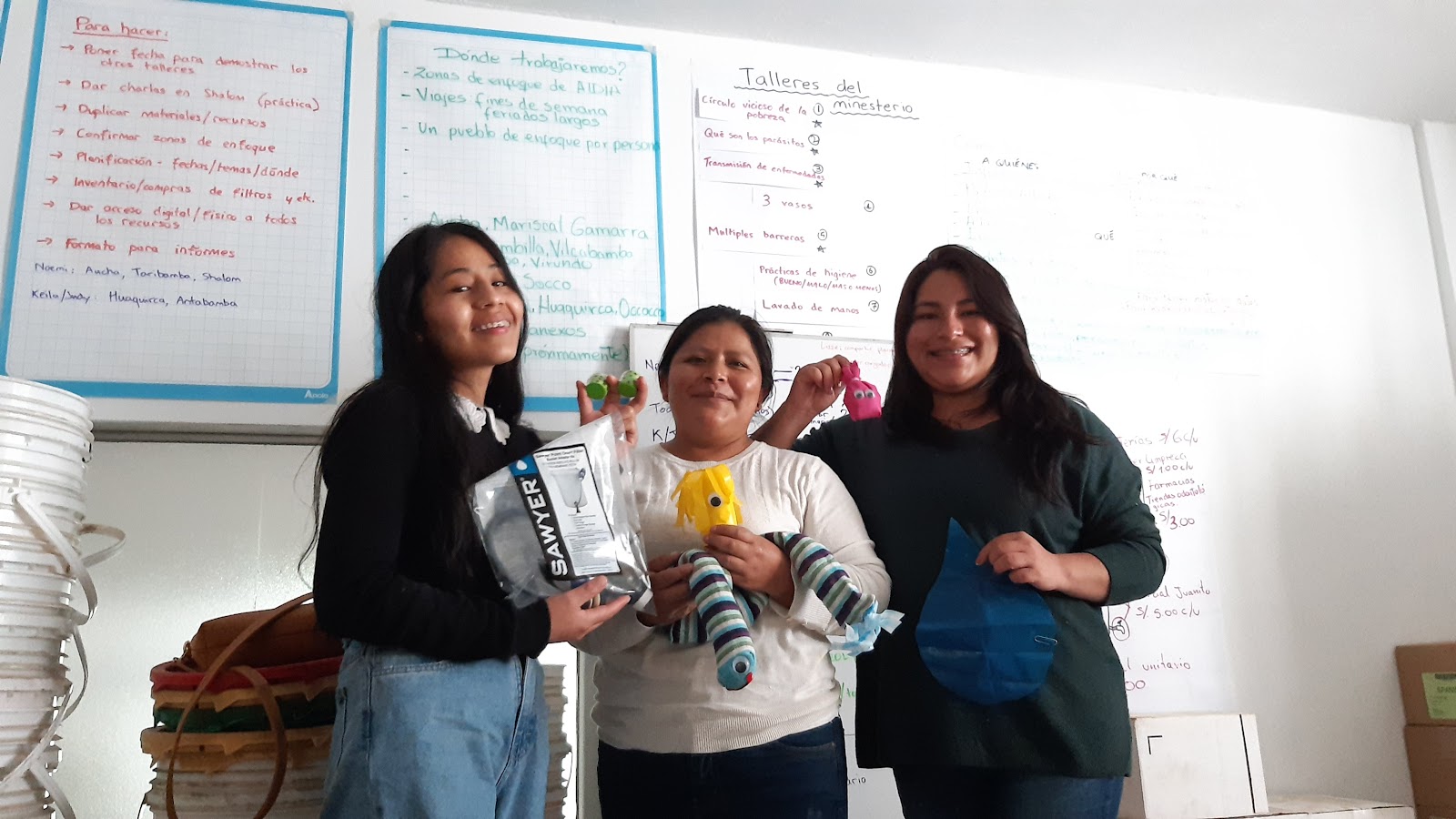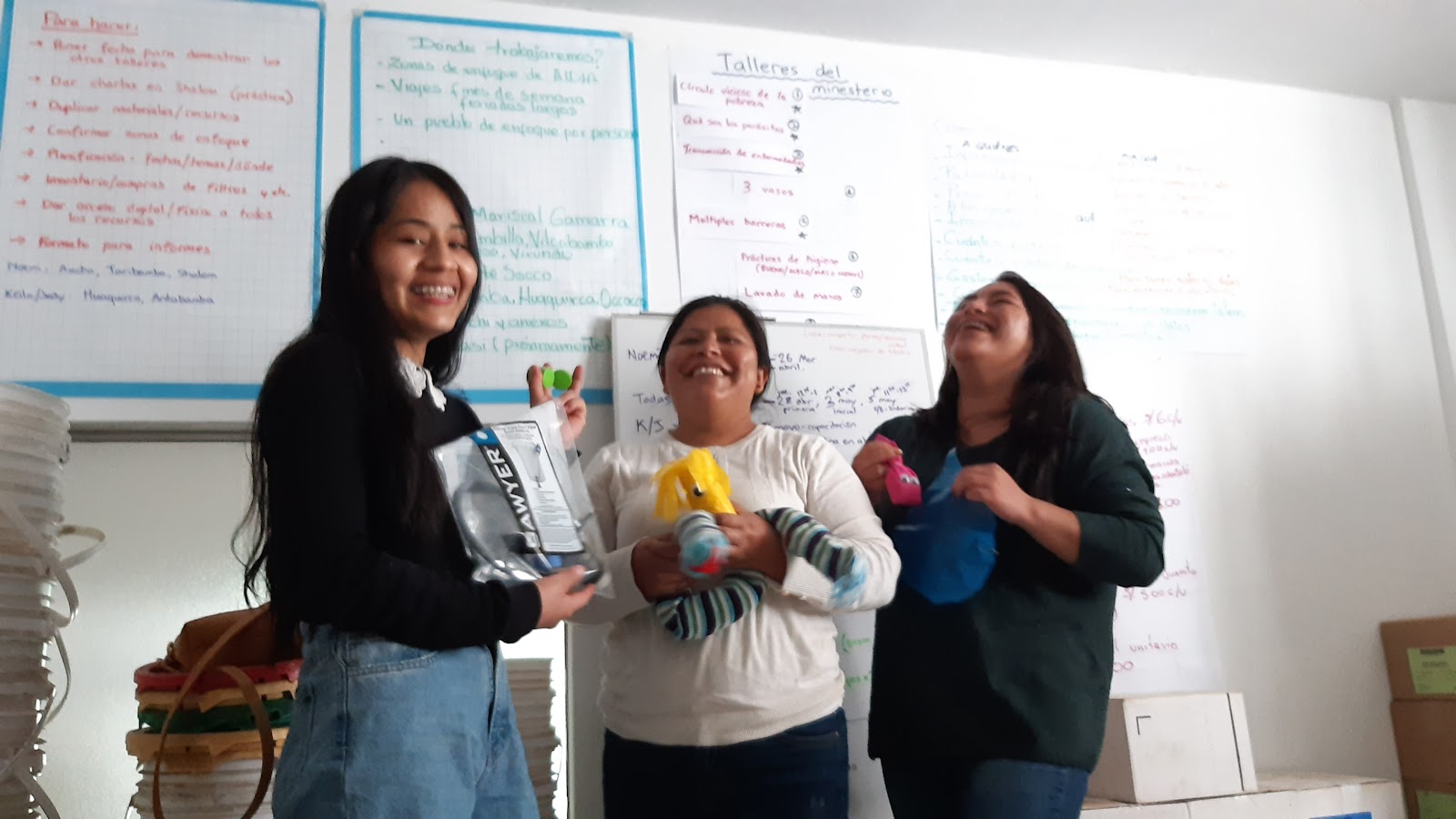I'm studying a Diploma in Christian Leadership and my first Assignment was to be written in the form of a blog post - so here it is!
The Bible…still important for you (and me)?
My short answer to this question is yes.
But let’s look at
the words and ideas in the question a bit more closely.
“The Bible…”
I guess if we are
asking about the Bible, we need to be clear on what we mean. What is it? A historic text? A message from
God? A sacred symbol? Is it reliable? Is it even finished? Authors[1]
suggest God (and we) are still writing his story. People talk about “the
word of God”, varying in meaning between Jesus himself, his words, the written
Bible, and revelation received directly from God today.
Do we consider the
Bible as one whole, or as lots of separate parts (2 testaments, 66 books, or
31,102 verses)? Is it valid to say the
Bible as a whole is important for you?
Or that some verses are individually important?
Is it all true,
and accurate? When I was at university in the 2000s, there was lots of
emotionally charged debate over whether the Bible is “inerrant”, and what this
meant. Now it seems to be more widely accepted that “inerrant” is perhaps not the
best word to use, rather that God was “intimately and creatively”
involved in its writing[2].
These are all good questions! But I would say the whole Bible, as published today, is important as the collection of writings brought together by God, about him and his people.
“…still…”
Was the Bible
important…
…
when written, but not now in today’s world?
…
for Jews and early Christians, but not now we have the Holy Spirit?
…
in me becoming a Christian, but not now
that I know God?
The
Bible itself says:
Isaiah 40:8 “The grass withers and the
flowers fall, but the word of our God stands forever."
Matt 24:35 “Heaven and earth will pass
away, but my words will never pass away.“
2 Tim 3:16 “All Scripture is God-breathed
and is useful for teaching, rebuking, correcting and training in righteousness.”
Even when this world
is replaced by God’s eternal Kingdom, his words will still be
important. They keep their value even
when everything else has fundamentally changed.
Culture, this world, our way of life – these things are
temporary, and lose their importance (although this is hard for us to
accept).
Jesus, being in
very nature God, and filled with the Spirit, still valued the Scriptures highly,
reading from them and teaching. We can’t
let our assurance of God within us devalue his words to us in the Bible.
Timothy shows
that as well as God’s word leading me to be saved, it also helps me in the
process of growing, living, and teaching.
God’s word stands, important as ever.
”…important…”
What do we mean
when we say something (or someone) is important? That it has great power or influence? Is it
something I can use for my purpose, or something that has an effect on me?
Important: “necessary or of great
value” / “having great effect or influence”[3]
These are
interesting definitions because they talk not just about value but about
consequences. Something that is important is also to have a practical effect on
our lives. The Bible does this.
Hebrews 4:12 “For the word of God is alive
and active. Sharper than any double-edged sword, it penetrates even to dividing
soul and spirit, joints and marrow; it judges the thoughts and attitudes of the
heart.”
This reminds me
of my first encounters with a machete in villages in northern Peru. It was used for clearing a path, opening a
papaya, cutting toenails – everything.
It was “necessary”, and did have “great effect”. And the Bible is even sharper!
“…for…”
There’s a
difference between something being objectively important “for” me (like oxygen,
exercise, government policies) and being subjectively important “to” me (like
family, a view of the sea, freedom to choose what to wear). I might not even be aware of some of the
things that are important “for” me, though they are necessary and deeply affect
my life – but their importance doesn’t depend on my point of view.
The Bible,
whether or not it is important “to” us, is definitely important “for” us.
Psalm 119 is full
of examples where the author recognises God’s word’s great importance “for” him,
but he also shows that is important “to” him.
Perhaps if we recognise our need for the Bible and its fundamental
importance in our life, we start to value and love it as David did.
“…you…”
Who are you? I’ve seen the importance of the Bible in the
last few months for the following people I know:
· Friends looking to heal their relationship
· People setting up and leading churches
· Quechua-speaking Christians who are receiving the full Bible in their dialect for the first time
· Someone struggling to forgive others who hurt her, and move on
· Teenagers thinking about relationships and decision-making
I asked Oliver
(age 9), the title question and he said: “Yes, because if you don’t read the
Bible you won’t understand who Jesus is”.
Whoever you are,
God’s word in the Bible is vitally important for your life.
“…(and me)…”
I know that the
Bible is very important for me. I can
trace its impact through my life. I’ve been taught from it and come to believe,
I’ve searched for knowledge, understanding and help, I’ve got to know God more
through it. Therefore it’s also very
important to me.
But reading it is
like exercise – I know it is important and has soooo many benefits, but as well
as ultimately being enjoyable (both the process and result) it is a lot of work
both to start and continue. Can you see
its importance in my life? Yes, usually.
I know God’s word is important for me. Can you see its importance in my life? Again yes, usually. Hm, a bit of a challenge there for me!
“…?”
I may have asked
more questions than I have answered in this blog, but I shall finish with a few
more.
The Bible is
still vitally important for you.
Did you know that? Is it also important TO you? What will you do about it?
Some useful books
that might help you to answer these questions (full references
below in the bibliography):
· Engaging the Word (Peter M. Phillips) – lots of discussion of what the Bible is, what its purpose is, and how we engage with it.
· How to read the Bible so that it makes a difference (Michael Parsons) – loads of helpful suggestions of varied and creative ways to engage with the Bible.
References & Bibliography
CAMBRIGDE UNIVERSITY PRESS., 2013.
“Important”, Cambridge Advanced Learner’s Dictionary (4th ed).
Cambridge University Press, Cambridge.
FEE,
G.D. & STEWART, D., 2003. How to Read the Bible for All Its Worth (3rd
ed). Zondervan, Grand Rapids, MI.
HARDY,
L., 2020. Honey from the Comb. Birch Island Books, St. Paul, MN.
PARSONS,
M., 2020. How to read the Bible so that it makes a difference. BRF,
Abingdon.
PHILLIPS,
M.P., 2017. Engaging the Word. BRF, Abingdon.
WRIGHT,
T., 2013. Scripture and the Authority of God (2nd ed). SPCK,
London.
(Bible
references use the NIVUK translation)
[1] notably
Phillips and Parsons, read as part of this study
[2]
Parsons, p.15
[3]Cambridge
University Press.





